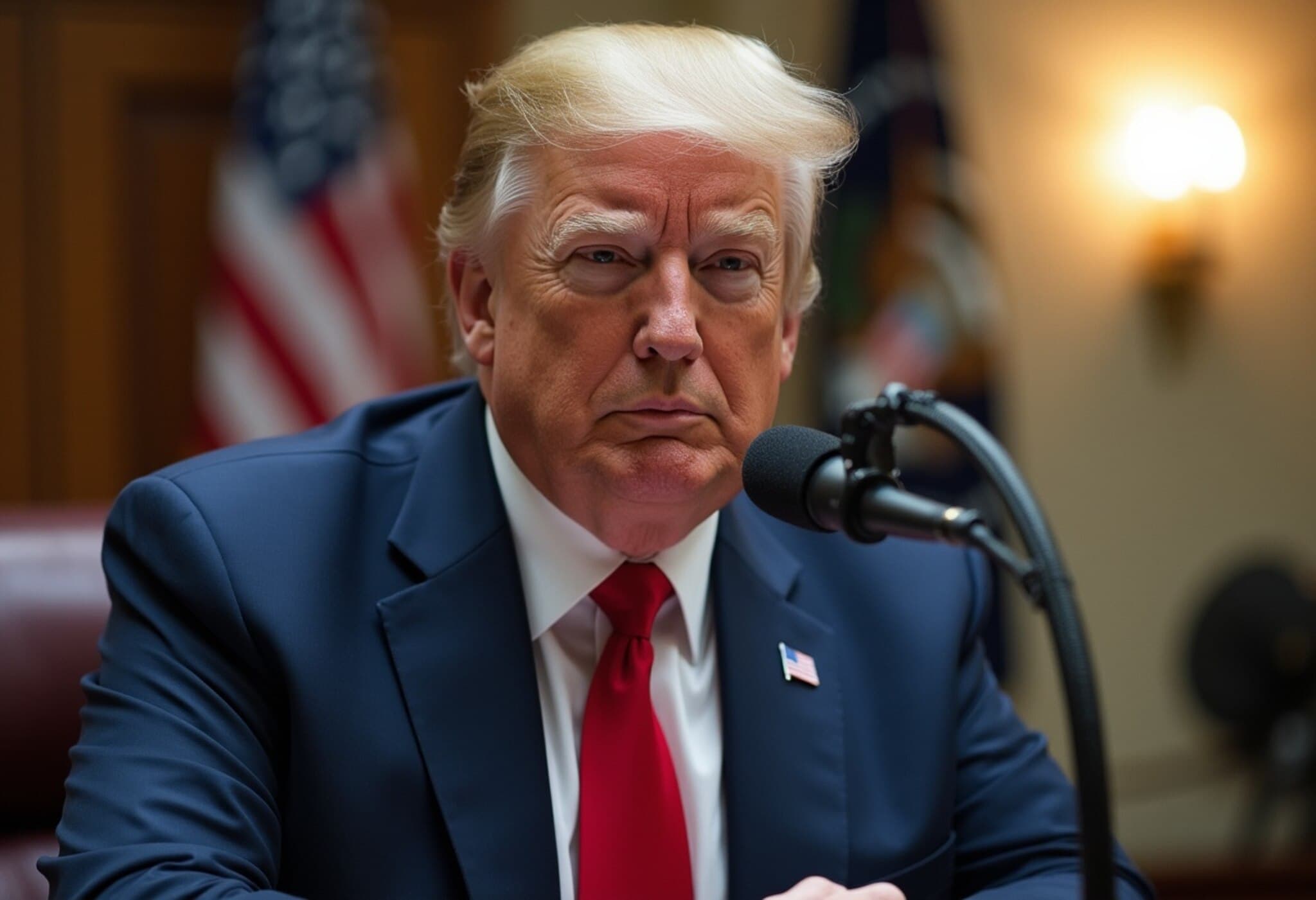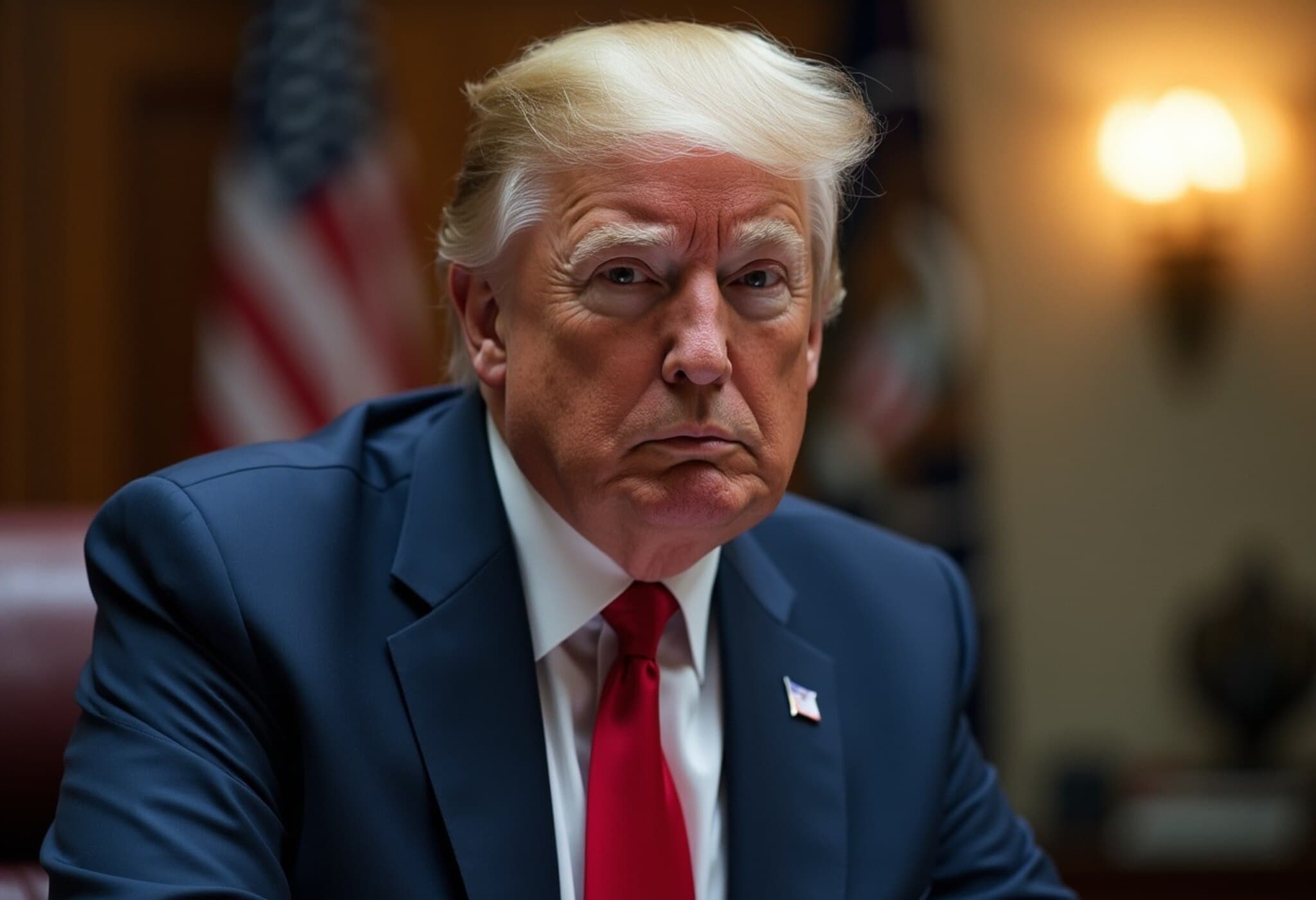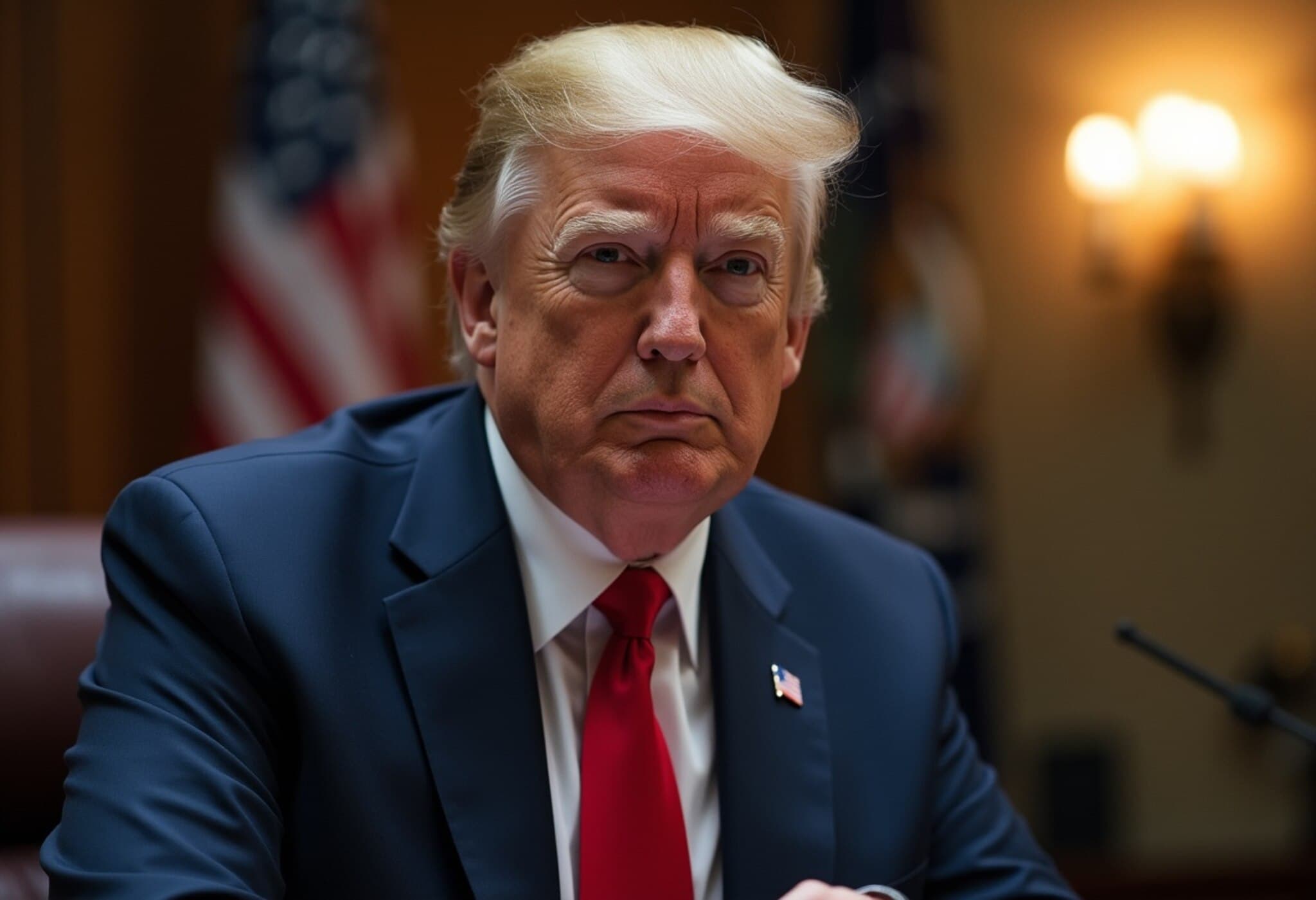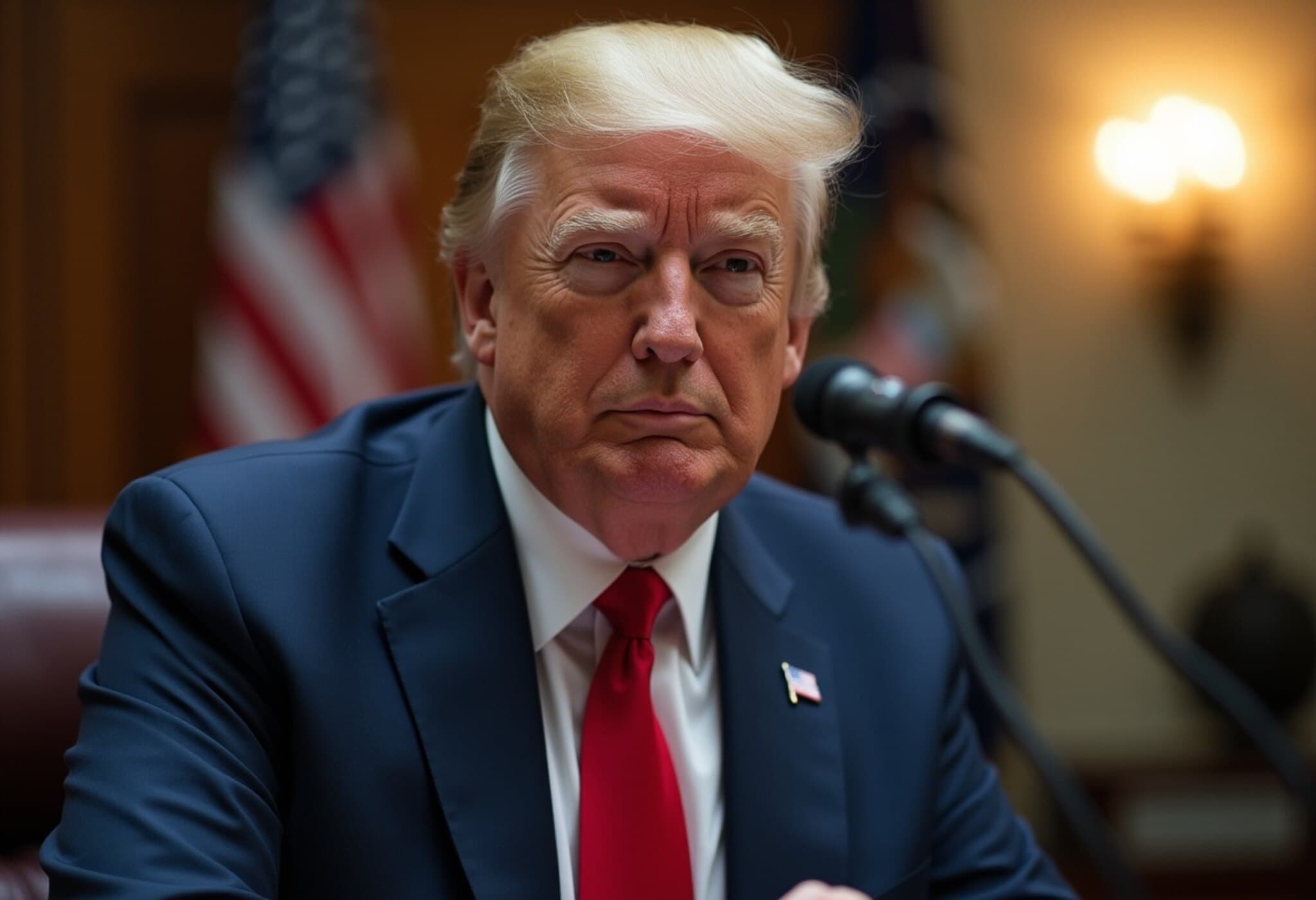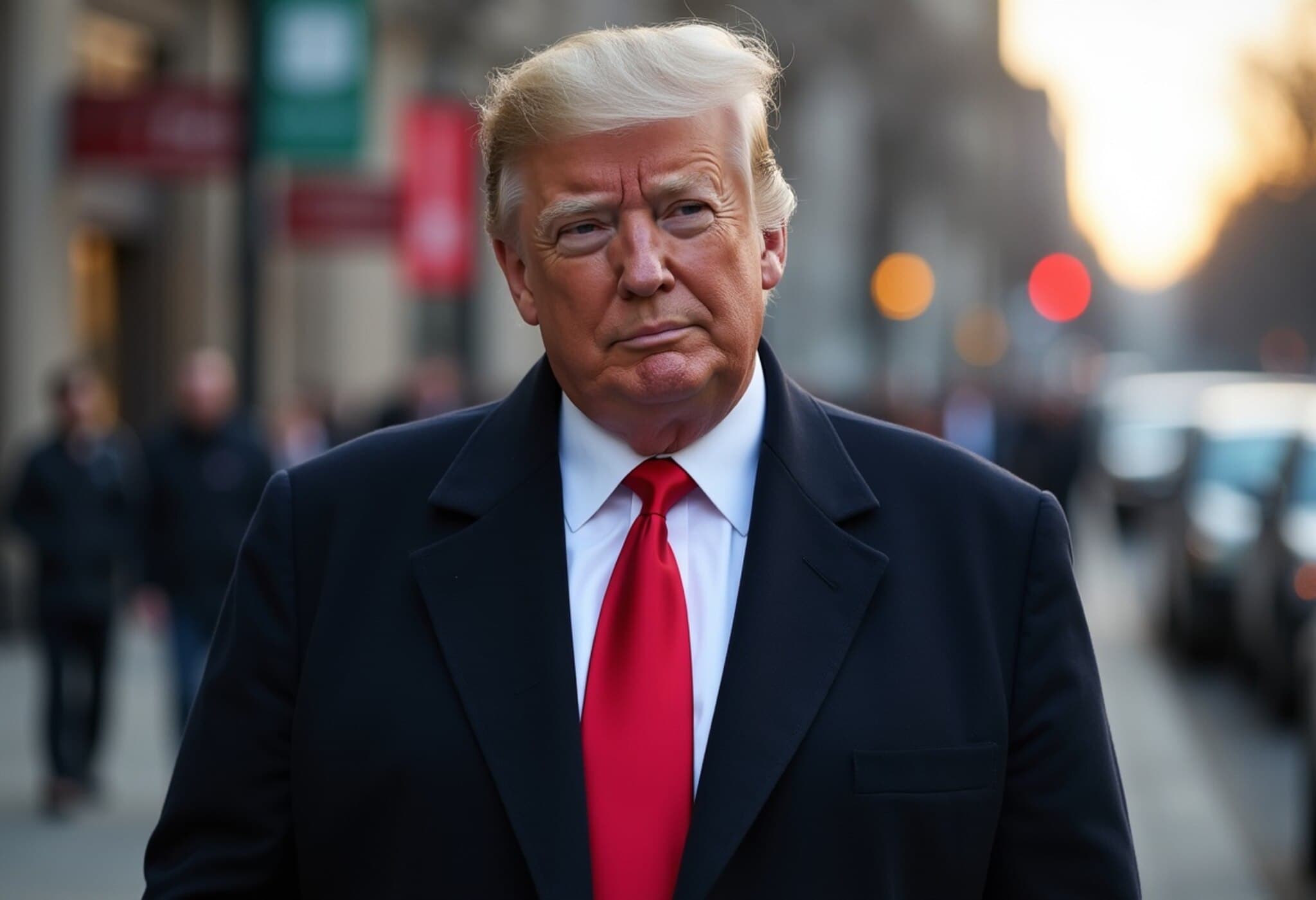Emma Tucker: The British Editor Who Took on Donald Trump
In a dramatic showdown that underscores the tensions between the press and political power, British journalist Emma Tucker, the editor-in-chief of The Wall Street Journal (WSJ), stood her ground when confronted by then-US President Donald Trump. This confrontation culminated in a high-stakes defamation lawsuit valued at $10 billion, highlighting the fierce battle over press freedom in an era of divisive politics.
The Phone Call That Sparked a Legal Storm
On a Tuesday afternoon in July 2025, as The Wall Street Journal was preparing to publish a controversial exposé, Emma Tucker’s phone rang. On the other end was President Trump, calling directly from Air Force One. The president was infuriated by the story—describing it as "fake" and demanding it be withdrawn immediately, even threatening a lawsuit if Tucker did not comply.
Despite the pressure, Tucker refused to back down. The newspaper went on to publish the details, which involved a salacious story about a birthday card allegedly signed by Trump using a crude drawing, igniting public scrutiny amid a flurry of investigations tied to the broader Epstein scandal.
The Fallout: Lawsuits and Political Firestorms
The publication ignited a firestorm. Trump publicly denounced the story on his social media platform, Truth Social, labeling it "false, malicious, and defamatory," and initiated a $10 billion lawsuit against The Wall Street Journal, its parent company News Corp, CEO Rupert Murdoch, the reporters, and indirectly Tucker herself. It’s important to note Tucker was not named as a defendant in the suit.
This confrontation marked a historic escalation in the ongoing friction between Trump and critical media. Unlike other News Corp outlets such as Fox News and the New York Post that often reflect a favorable view of Trump, the WSJ under Tucker has committed to rigorous, independent reporting—sometimes to the president's chagrin.
Emma Tucker: A Tenacious Leader
Tucker, appointed in February 2023 as The Wall Street Journal’s first female editor-in-chief, brings decades of experience from prestigious British newspapers, including the Financial Times and The Sunday Times, where she was also the first female editor in over a century. Known for her steely resolve, Tucker has been praised by colleagues for backing courageous investigative journalism and standing firm amid political pressures.
- Background: Born in London and educated at Oxford, Tucker honed her editorial skills working internationally.
- Editorial Vision: She has steered WSJ towards a more digital-first, investigative approach, despite some internal pushback related to restructuring and job cuts.
- Defending Press Freedom: She notably championed the campaign for the release of WSJ journalist Evan Gershkovich, detained in Russia, illustrating her commitment to journalistic integrity.
The Broader Context: Media, Politics, and Power
This clash highlights the escalating tension between the media’s watchdog role and the political leadership’s efforts to manage public narratives. While social media moguls and some tech leaders have at times sought to appease political figures, The Wall Street Journal’s steadfast critical reporting illustrates the indispensable role of a free and fearless press in democracy.
The Epstein-related revelations, including the leaked grand jury transcripts and ongoing calls for transparency, continue to fuel public demand for accountability. Legal experts, such as Alan Dershowitz, acknowledge that while grand jury transcripts may offer some insights, many critical details remain redacted, sustaining the demand for more comprehensive disclosures.
What Lies Ahead?
Emma Tucker and The Wall Street Journal now face a protracted legal battle. The lawsuit’s outcome could set important precedents regarding defamation claims, freedom of the press, and the limits of political influence over media institutions.
Meanwhile, questions remain about the full contents of the contested birthday card and what further documents the Justice Department might release from its Epstein investigations. This story is a sharp reminder of the continuing fight over truth, power, and responsibility in modern journalism.
Editor’s Note
Emma Tucker’s resolute stance against political intimidation highlights the critical importance of editorial independence in today's polarized landscape. As the legal battle unfolds, this case urges readers to contemplate the fundamental tensions between media accountability and political power—particularly within the context of American democracy and global journalism standards. How media institutions navigate such pressure will shape both public trust and the future of investigative reporting.










